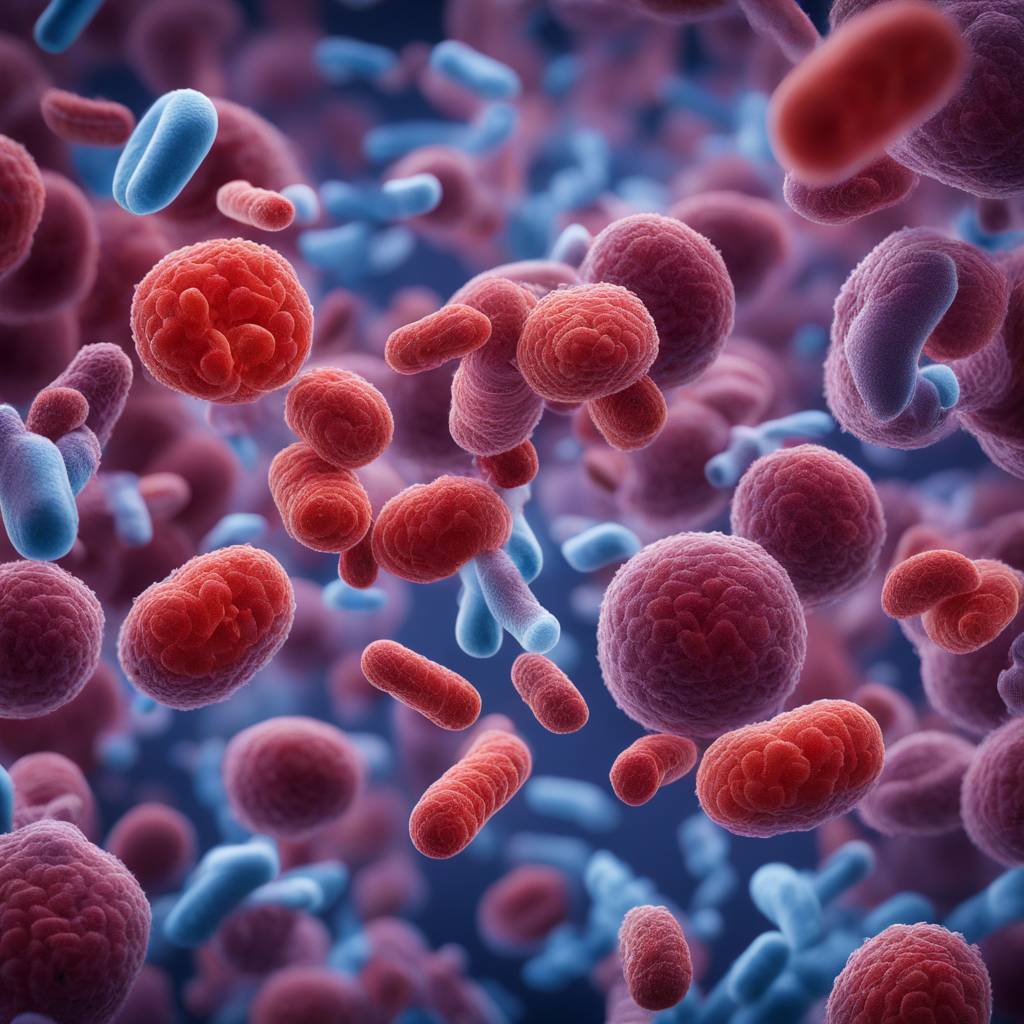A study published in Cell by researchers at the Broad Institute of MIT and Harvard and Massachusetts General Hospital has found that gut microbiota may influence cardiovascular disease. By analyzing metabolites and microbial genomes from over 1,400 participants in the Framingham Heart Study, the team discovered that a specific bacteria called Oscillibacter may consume cholesterol in the gut, leading to lower cholesterol levels and reduced risk of heart disease. This research suggests that targeting the microbiome could potentially help decrease cholesterol levels in individuals and pave the way for further investigations into how gut changes impact health.
The lead researcher, Ramnik Xavier, emphasizes the importance of translating findings from human subjects into actionable insights for improving cardiovascular health. By integrating experimental validation with human research, the team aims to provide a basis for targeted interventions that could benefit individuals at risk of cardiovascular disease. Co-first authors on the study, Chenhao Li and Martin Stražar, worked closely with Xavier to uncover the relationship between gut microbes and cholesterol levels, shedding light on potential therapeutic avenues for improving heart health.
Past research has hinted at connections between gut microbiome composition and cardiovascular disease markers like triglycerides and blood sugar levels. However, the lack of complete understanding of gut metabolic pathways has hindered the development of targeted therapies. Through a combination of shotgun metagenomic sequencing and metabolomics, the Broad team was able to identify over 16,000 associations between gut microbes and metabolic traits, pinpointing Oscillibacter as a key player in cholesterol metabolism and heart health.
By growing Oscillibacter in the lab and using mass spectrometry to analyze cholesterol breakdown products, the researchers unveiled the biochemical pathway through which this bacteria lowers cholesterol levels. The team also discovered another gut bacterial species called Eubacterium coprostanoligenes that contributes to reduced cholesterol levels, potentially in synergy with Oscillibacter. This suggests that exploring how different bacterial species interact in the gut could yield insights into their collective impact on human health and disease.
While the human gut microbiome contains a vast majority of uncharacterized genes, the success of this study in identifying cholesterol-metabolizing enzymes offers hope for uncovering other metabolic pathways influenced by gut microbes. By focusing on specific bacteria or genes and understanding their interactions with the host, researchers believe they can develop more effective therapeutic strategies for targeting gut dysbiosis and related health conditions. Initiatives like fecal microbiome transfer studies could benefit from a more nuanced understanding of gut ecology and microbial interactions to improve patient outcomes and advance precision medicine approaches.













